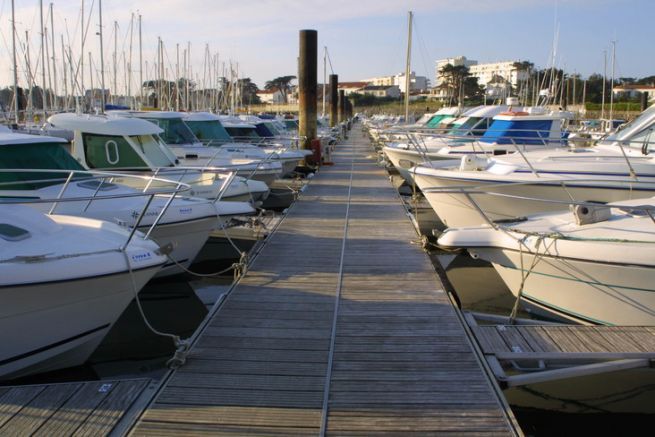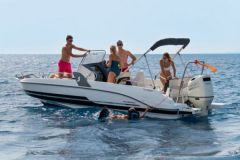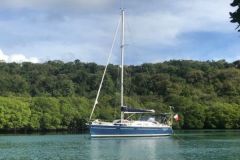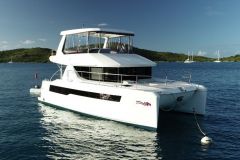On average, 54% of us go out between 10 and 40 days a year ( Source ). In other words, there are more than 300 days left in which our boats stay in port. And of those 300 days, many boaters would like to make some profit, if only to pay back the costs inherent to the ownership of the boat.
If you want to rent to respect administrative points Let's look at the tax details here.
Two very different approaches
It is necessary to clarify the concept of rental :
- If you plan to provide a boat without a captain, i.e. to rent " bare hull "you're in the rental business.
- On the other hand, if you take other people on board and share the cost of the ship ( fuel, insurance, mooring taxes .. ), you are not a landlord-renter, provided that you comply with the strict provisions of the URSSAF and the Treasury ( sharing of costs between all persons on board, including the master, absence of profit, presence of the owner of the vessel during the trip..." )
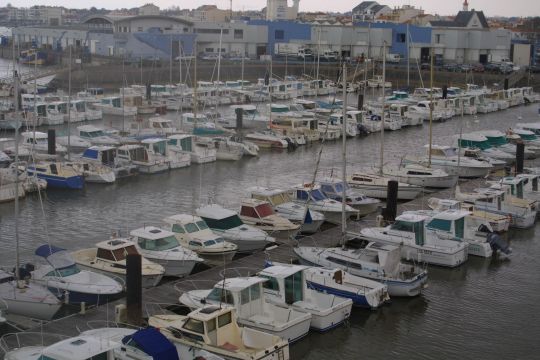
Doing things by the book
It is by respecting these provisions and by not questioning the question of circumventing them that the authorities that regulate these practices will accept them, and that customers will gain confidence in the potential of private-to-private rental. If it may be tempting to try to avoid paying taxes, it is to overlook the fact that most of the equipment that we operate as yachtsmen (marinas, locks, beacons ...) are financed by the taxes that everyone pays and their sustainability is conditional on this payment. Not taking part in this financing is, in the long term, threatening the very existence of the possibility of offering our units for rent. 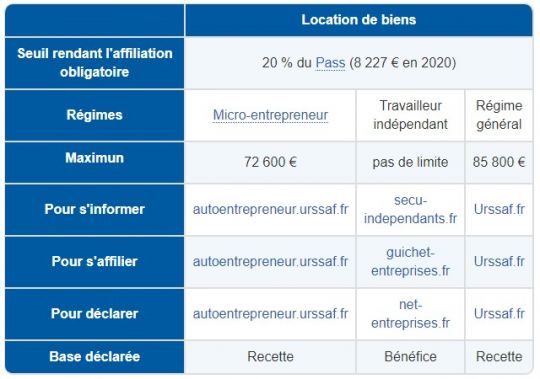
The importance of paying taxes
